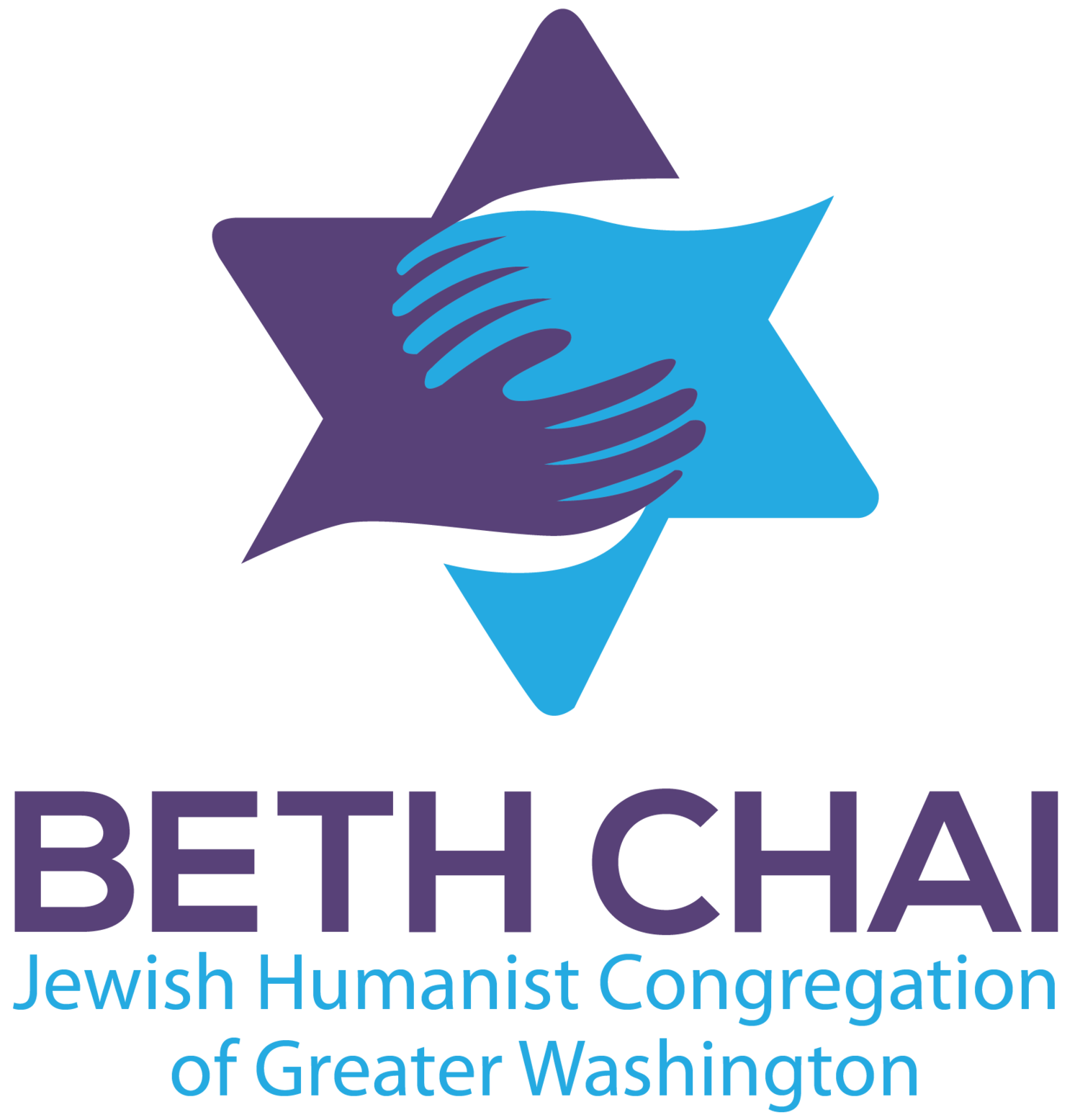Purim - The Most Humanist Jewish Holiday
PURIM - THE MOST HUMANIST JEWISH HOLIDAY
Posted by RabbiCohen on Feb. 26, 2021 / Subscribe 0
Dear Friends,
Chag Sama’ach! Happy Holiday!
Today is the 14th Day of the Hebrew month Adar, which means it is Purim!
Purim, arguably, is the most Humanist of Jewish holidays. Why? You might ask.
The book of Esther, which tells the Purim story, is the only book in the Bible which does not mention God. All the actions in the story are purely human-driven. Of course, an interpreter could (and many have) write a storyline of faith into the story. But, it isn’t there in the original.
Queen Vashti, motivated by dignity and self-worth, decides on her own not to dance for the King and his friends. The King, prompted by his friends, decides to banish her. Esther “wins” the queenship on her own and, then, solely based on her own courage, stands up for her people. She is driven by loyalty to community, not faith. Haman is motivated not by ideology nor theology, but by greed and prejudice.
Mordechai, it has been suggested, is the most faith-driven of the characters. He refuses to bow down to Haman, which one could argue shows his religiosity. But, the Biblical text does not explain Mordechai’s motivation. His refusal to bow down to Haman could just have easily been motivated by pride or a genuine dislike of Haman or, for that matter, an arthritic back rather than a religious objection.
Often, we consider the Bible to be a monolithic, cohesive work of writing. But, in fact, it is a compilation of 24 books, with many different writing styles, foci and outlooks. The book of Leviticus reads like an employee manual for Temple service. Song of Songs contains love poems with erotic symbolism. The book of Daniel is written partially in Aramaic. The prophet Ezekiel includes psychedelic visions worthy of Timothy Leary. And, the book of Esther is better to read as political intrigue or an early feminist text than a book about faith. God is a vengeful character in some stories, merciful in others, alternatingly an attentive parent and a distant, remote concept – or, as in the book of Esther, not present. The Tanakh (Hebrew name for the Jewish Bible) speaks to the diversity of the Jewish experience and outlook, inclusive of many perspectives including humanist.
On Sunday morning, Beth Chai will celebrate Esther’s courage and rumble-tumble story of Purim. Hopefully, we will create new, joyful Jewish memories for the children of the congregation. And, celebrate the book of Esther – the most Humanist text of the Bible.
Happy Purim, and see you virtually on Sunday!
Shabbat Shalom,
Rabbi Debbie Cohen
